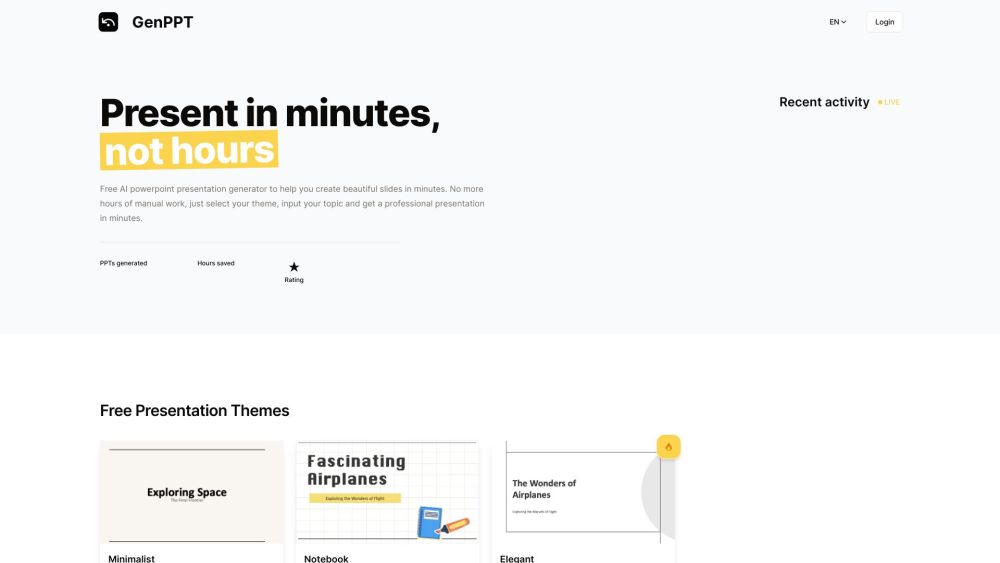AI leaders such as Anthropic, OpenAI, and Stability AI have come under scrutiny for their data scraping practices and potential violations of intellectual property (IP) when developing their foundational models. Enter Story, a startup announcing $80 million in new funding, which aims to redefine the landscape by offering a blockchain-based platform designed to help IP owners monitor usage more effectively.
S.Y. Lee, the CEO and co-founder of Story, envisions a more "sustainable" IP ecosystem tailored for the next generation of digital creators and consumers. The startup likens IP to Lego blocks, utilizing blockchain technology to facilitate creative freedom. As Lee explained in an interview, “Anyone can fork and remix your IP without needing explicit permission while you still capture the upside.” This metaphor, while insightful, carries a bit of irony given the numerous IP disputes faced by Lego over the years.
The funding round is led by Andreessen Horowitz through its a16z crypto division, with participation from Polychain Capital and notable investors like Scott Trowbridge (SVP of Stability AI), K11 founder Adrian Cheng, and digital art collector Cozomo de’ Medici. This Series B funding boosts Story, alongside its parent company, PIP Labs, to a total of $143 million raised.
This innovative platform holds the potential to create significant financial opportunities for license owners by enabling them to better leverage their IP. Story is also reaping considerable rewards, with recent evaluations placing its worth at $2.25 billion post-funding.
Story's ambitious project, described as an “IP blockchain,” promises to empower creators to assert ownership over their content, outline usage parameters, and give others the ability to license and utilize it. However, the practical implementation of this system is still unfolding. The startup plans to use the recent funding to further develop its product, targeting a commercial launch later this year. Currently, it has garnered interest through a free, closed beta, attracting more than 200 teams and offering access to over 20 million potential IPs. Collaborations with fashion design tool Ablo, the Japanese comic platform Sekai, and art collaboration startup Magma have contributed to this impressive uptake.
Chris Dixon, a co-leader of the investment from a16z, believes that emerging applications fueled by generative AI are set to disrupt traditional economic frameworks surrounding visual arts, literature, music, and other digital “content.” He asserts that to promote a thriving creative market, there needs to be a new monetization model. Dixon writes, “A new wave of AI-powered search engines provide comprehensive answers instead of simply leading users to websites. As social networks become increasingly filled with AI-generated content, it’s crucial to ensure original creators are credited and compensated. Without attribution, what incentive remains for individuals to share their original works online?”
While AI systems represent a significant segment of content utilization, they are not the only area drawing attention. Competing startup Sahara AI recently secured $43 million to develop its own solutions for tracking and monetizing IP in the AI era.
Lee differentiates Story from Sahara by emphasizing its focus on the IP and data dynamics of AI solutions rather than the existing AI infrastructure. He suggests that while Sahara addresses IP concerns primarily related to data, Story sees opportunities for collaboration as an integral layer in AI solutions.
Lee brings a wealth of experience to the table, having started as a journalist in the U.K. and founding byline.com in 2014. He later created Radish, a crowdsourced serialized fiction app that ultimately sold to Kakao for $440 million. Story, co-founded with CPO Jason Zhao, is a natural evolution of Lee's entrepreneurial journey.
Reflecting on the current landscape, Lee observes, “Companies like Netflix and Disney spend billions on content, but much of that is actually directed toward marketing. It’s a zero-sum game for user attention and subscriptions.” His experience with Radish's acquisition prompted him to rethink market dynamics and pursue a different model that prioritizes creators.
While it remains to be seen whether creators will embrace this vision, advocates like Olaf Carlson-Wee, founder and CEO of Polychain Capital, emphasize the transformative potential of Story. He states, “What Bitcoin did for finance, Story is doing for content and IP. The advancements in AI are paving the way for a revolution in IP management and monetization.”




